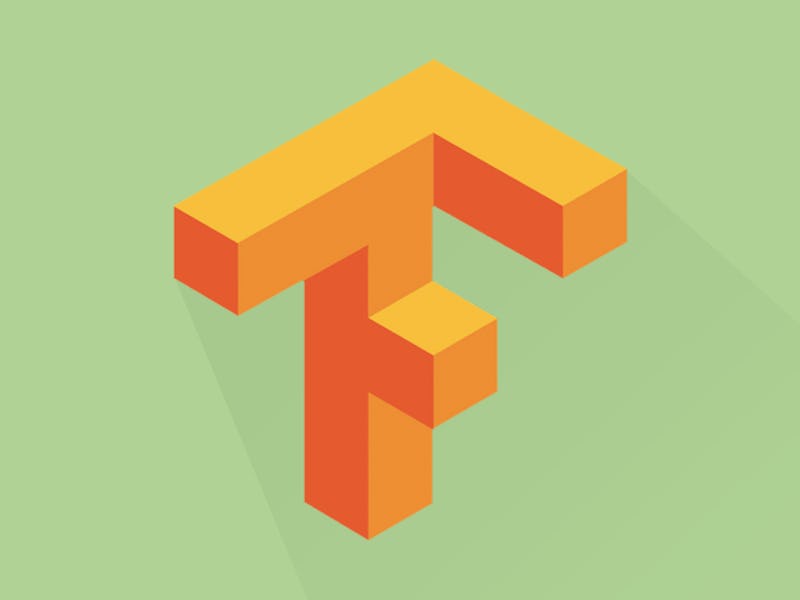Google Just Made It Easier for Your iPhone Apps to Bake in Artificial Intelligence
The technology that won the game of Go is now free for Apple dev.

Google’s TensorFlow is the open-source platform that underlies a lot of the machine-learning done on the internet. Gmail, Google Photos, Search, and even the program that bested the world’s champion at the game of Go all rely on some version of TensorFlow to function, and now it’s opening up to iOS developers. Google uploaded the newest version of TensorFlow, version 0.9, to GitHub on Thursday morning, fulfilling the long-promised goal of providing open-source iOS support to the advanced neural-based artificial intelligence network.
The biggest beneficiaries of the move are Apple developers who now can harness one of the most powerful A.I. systems in the world for free in their apps and programs. TensorFlow has been available to Android developers open source since 2014, but since many apps begin as iOS projects exclusively, the number of projects that can include the technology just received a huge boost. TensorFlow will strengthen Google’s ownership of one of the most powerful A.I. systems on the planet and now Apple developers will have little incentive to work on any competing force.
But the benefits are not limited to those who have never previously used or developed programs with TensorFlow. Because the A.I. system is open source, anyone with knowledge and experience of it can contribute to its maintenance and development. This newest update alone credits 46 people outside of Google who made significant contributions to the growth of the project. Expanding to iOS widens the network of people working on TensorFlow, and Google hopes that some of that effort will redound to the program’s benefit.
The open nature of Google’s platform also means young developers will be able to implement incredibly powerful machine learning techniques into their otherwise silly start-up idea. There have been some pretty terrible apps released in recent years, as the money flung at developers of all kinds has seemed almost irresistible. With the power of TensorFlow behind them, some of even the least-deserving apps may have found a niche to survive.
Blippy, the social media site to share all of your expenses, for example, failed because no one really liked posting that they just paid $15.23 for 12 pairs of discounted underwear online. But, with access to a powerful A.I., Blippy could have made the transition to be almost a competitor with Amazon, absorbing information on what you purchase, comparing it to others who bought the same things, then making recommendations of interest.
Basically, any bar-room startup idea is bound to fail, and now Google is giving our inebriated CS-major the notion that their “Uber for X” really has any merit. Just because you have the capability to build something with remarkable power does not obligate you to build it. Hopefully, the opening of TensorFlow will remind us all that once we have great power, a tiny bit of responsibility comes along with it.